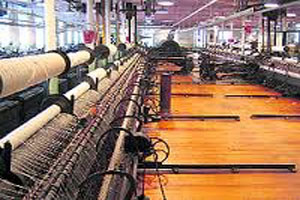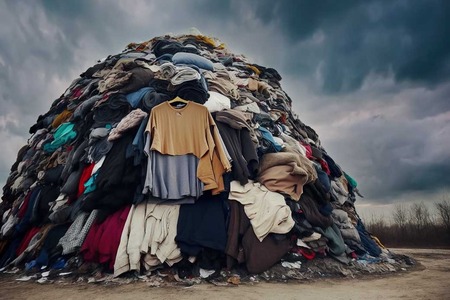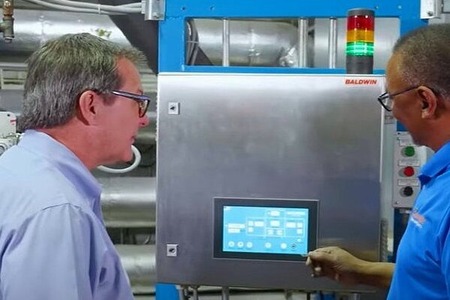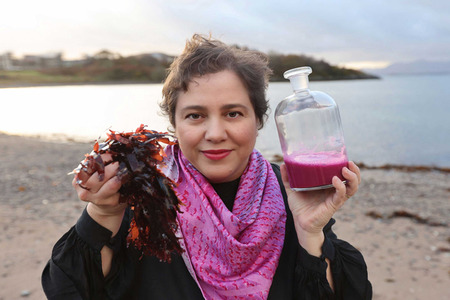
300 Indian textile units agreed transition to production practices
YarnsandFibers News Bureau 2017-08-11 11:00:00 – JaipurOver 300 textile and garment units in India have agreed transition to production practices that ensure safety and well-being of workers and protection of the environment under the initiative of the government of Netherlands, a huge importer of fabrics and also a champion of labour and environment issues.
The agreement, which will be governed by Netherlands laws and is signed by Dutch minister for foreign trade and development EMP Ploumen, has 64 companies, representing 80 consumer brands.
Among the brands represented are G-StarRaw, Wibra and Manderlay of the Netherlands. The aim is for 80% of garment and textile business to be part of this agreement by 2021. These brands operate in Europe, Asia and Africa.
The agreement was facilitated by the Social and Economic Council of the Netherlands. For over a year, negotiations were held with manufacturing units, the Dutch government, and NGOs like Stop Child Labour Coalition to arrive at a consensus agreement.
Among the states in India represented by this agreement are Kerala, Maharashtra, Tamil Nadu, Haryana, Delhi, Uttar Pradesh, Punjab and Karnataka.
Rajasthan known across the world for the variety of its textile traditions its tie-and-dye and block printing. However, since the 1990s, concerns have been raised that the water-starved state was encouraging dyeing units at huge risk to groundwater and natural water sources.
Pali, Jodhpur and Balotra towns, where textile units are concentrated, have been in the news for the massive pollution of water sources and the trouble residents face in getting safe drinking water.
Only buyers from three private textile units in Rajasthan have been represented in this international effort -- Sangam, operating from Ahun village of Chittorgarh, Natural Fibres Exporters at RIICO Industrial Area in Jaipur and Gad Fashions, also in the state capital.
The agreement provides for ending unfair discrimination against workers, especially on grounds of gender; preventing child labour,
ending forced labour, encouraging freedom of association, ensuring a living wage, offering safety and making healthcare provision for workers, responsible use of raw material, prevention of water pollution through chemical use and Animal welfare
Market Intelligence
Ask for free sample Report

experience
Customer Base
dedicated team
Countries Served Worldwide









